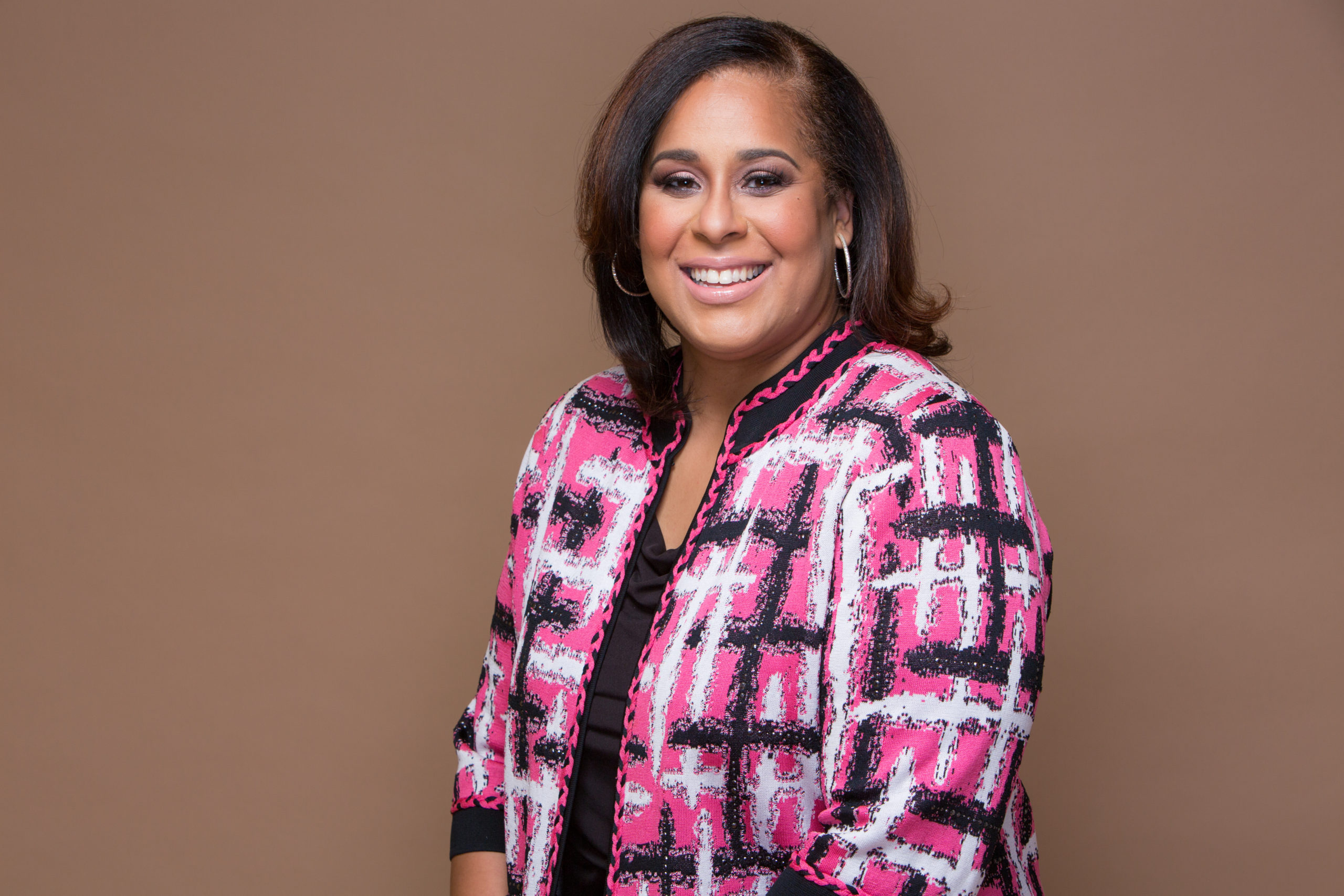Beneath the Surface
By Rev. Sheri Smith Clayborn
Recently, there was a leak on the second floor of our house. We could not immediately determine the origin of the leak on our own, so we called a professional. He came to the house and fixed the leak. Later, I began to smell mildew. Initially, the smell was faint, but it became increasingly worse. We discovered the leak had continued after the initial repair. The wetness created the mildew smell and eventually molded in an adjacent area. A repairman cut out the mold that could be seen. I asked why he had not removed a larger part of the wall to make sure there was no mold in other areas. He said he was fairly sure he had gotten it all, knowing that water runs until it reaches something that can hold it or stop it. I told him that I instructed him to check beneath the surface where he had done the work, and there was mold all over the backside of the wall. Had the surface not been removed, we would be living with mold.
In October, many churches endeavor to raise awareness around breast cancer, domestic violence, and mental health. Churches partner with outside agencies and other ministries, host events, and invite guest speakers in an effort to stop the mold. Special days expose the issue and give opportunity for ongoing conversations, and help shift mindsets. While this is a good start, it is equivalent to only addressing the mold we can see. The mold in our lives will persist if we do not go beneath the surface.
We need to go beneath the surface to get the mold we cannot see. We do this by addressing these topics outside of October. Breast cancer, domestic violence, and mental health awareness are needed all year long. The ongoing mentioning of these topics in sermons, Bible studies, and small groups helps connect one’s faith to agency and action. Small groups, intentional conversations led by informed people committed to saving lives, and resources that assist people in receiving help with day-to-day issues help build the confidence needed to address these difficult issues. Hearing a consistent, informed message of healing, help, and hope in the place where one’s faith is nurtured has the potential to be life-changing. When doing this work, the focus is about saving the least of these, not just those meeting the standard of respectability politics and religion.
Consider doing the following:
- Post signage with local and national hotline information prominently throughout the church building and on church websites and social media platforms, and flash the information at different times during live-streamed services and events and in the chat of virtual meetings.
- Encourage and attend support groups within your church and community.
- Model health and wellness through leadership and membership by committing to yearly medical check-ups, exercising regularly, domestic violence awareness training, and a minimum of two mental health check-ups yearly.
This list is not exhaustive but suggestive. We must all go beneath the surface and not be satisfied with just addressing the mold we can see.
Sherri Smith-Clayborn
Contributing Writer
Bethel AMEC- Baltimore, Maryland





